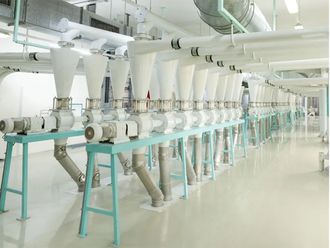London
A combination of bullish analysts and bearish investors has pushed the potential returns on Russia’s stock market to the highest level since a currency crisis more than two years ago.
For every $100 invested in Moscow-listed companies, shareholders will get back $17 in the form of corporate profits over the next 12 months, according to analyst estimates compiled by Bloomberg. That’s twice the returns they can earn from Russian sovereign bonds or broader emerging-market stocks.
Investors say that’s not enough. They’re paying the least since January 2015 to own Russian equities rather than their developing-nation peers as an oil-price recovery stalls and expectations evaporate for an easing of US sanctions over Russia’s role in the Ukraine conflict.
“We had a commodity reflation cycle since January 2016, which is the reason for the sharp increase in earnings estimates,” said Nathan Griffiths, a senior money manager at NN Investment Partners in The Hague. “As we come to the end of that reflation cycle, people have started questioning the sustainability of earnings upgrades.”
Earnings estimates for Russian companies are rising at a faster pace than for the rest of the developing world, taking the spread between the two to the widest since November 2014, weeks before the Bank of Russia opted for an emergency rate hike to save the rouble.
The dollar-denominated RTS Index trades at 5.79 times the projected earnings of its members. While that’s the cheapest among major developing nations, the price-earnings ratio relative to the MSCI Emerging Markets Index is falling even after Russian stocks rallied 47 per cent in the past 27 months. The MSCI gauge is little changed in the period.
That means investors are refusing to recognise the earnings upgrades when they price Russian stocks, said Vadim Bit-Avragim, a money manager at Kapital Asset Management LLC in Moscow.
“There are several concerns,” Bit-Avragim said. “Political risk has deteriorated, and so has the relationship with the US The situation in Syria has become unpredictable. We can forget about sanctions relief. It looks like the sanctions will stay for a long time.”
Russian stocks do look “very cheap,” but investors will return to them only if the oil-price outlook improves, Bit-Avragim said. Some of the biggest beneficiaries of higher crude prices would be Sberbank PJSC, Gazprom PJSC and Alrosa PJSC, he said.
“But investors believing oil will go down should stay away from Russian stocks.”












